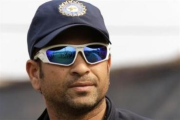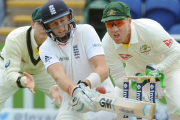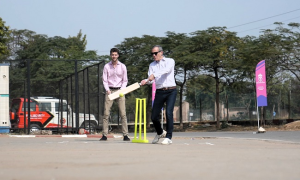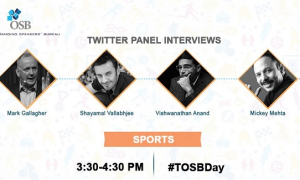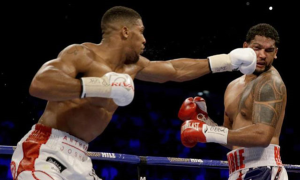The BCCI has objected to ICC general manager Dave Richardson’s comments about MS Dhoni after the India captain questioned the Decision Review System (DRS) in the wake of India’s tied game against England in Bangalore. It has also reiterated its concerns over the use of the system in the ongoing World Cup and says the DRS’s “inadequacy has been exposed” during the tournament.
In a letter to ICC chief executive Haroon Lorgat, and released to the media, N Srinivasan, the board secretary and president-elect, said that “for ICC’s representative to criticise a player for his post-match press conference while the World Cup is being played [is] tantamount to pressuring the player. Mr. Richardson has no right to do so. BCCI has strong reservations about the statement made by Mr.Richardson. He should be instructed not to react in this fashion.” Richardson made the comments after Dhoni had called the system an “adulteration” of technology with human judgement in the aftermath of a reprieve for Ian Bell.
Dhoni had asked for a review of a not-out decision, and television replays appeared to show the ball hitting a forward-stretching Ian Bell low on the pad with the ball in line with middle stump.
Bell even began to walk off the field, but umpire Billy Bowden did not declare him out because the distance between the point of impact and the stumps was shown to be 2.5m.
Richardson told the CNN-IBN, that Dhoni should be aware of the rules before passing judgement. “There are a set of rules along with the Hawk-Eye to assist in making the decision when UDRS is implemented. Most of the time, a player is not fully aware of all the rules.
If MS Dhoni is made aware of the specifications of these rules, then I am sure that he will accept the decision that was made.” Lorgat also defended the system, telling ESPNcricinfo that Dhoni’s characterisation of it wasn’t exactly accurate.
The ICC’s DRS rule pertaining to the Process of Consultation, No.3.3 (i), states that if a ‘not out’ decision is being reviewed on the ‘point of impact’ issue, the third umpire must tell the on-field umpire whether the ball is past 2.5m or not and then pass on the following information: the distance from the wickets of the point of impact with the batsman, the approximate distance from the point of pitching to the point of impact, and whether the ball is predicted to the hit the stumps.
According to the explanation given on the ICC’s website, along with the 2.5m rule, should the distance between point of pitching and point of impact with the pad be less than 40cm, “the umpires are not obliged to follow the normal rules for using Hawkeye to determine whether the batsman is out or not and shall have a discretion in determining whether or not to overturn their original not out decision.” The letter also said that the BCCI had been consistently opposed to the use of the review system, and that its inadequacy had been exposed at the World Cup, specifically citing the need of the 2.5m rule as proof of its failing.
“ICC in consultation with Hawk-Eye formed playing conditions which specifies when the umpire can rely on Hawk-Eye and when he cannot. This itself is an admission on the question of the reliability of the system, including ball tracking technology.”
Tags: Bangalore, BCCI, Cricket, Dave Richardson, Decision Review System, England, Haroon Lorgat, ICC, ICC Cricket World Cup 2011, MS Dhoni, UDRS, World Cup




